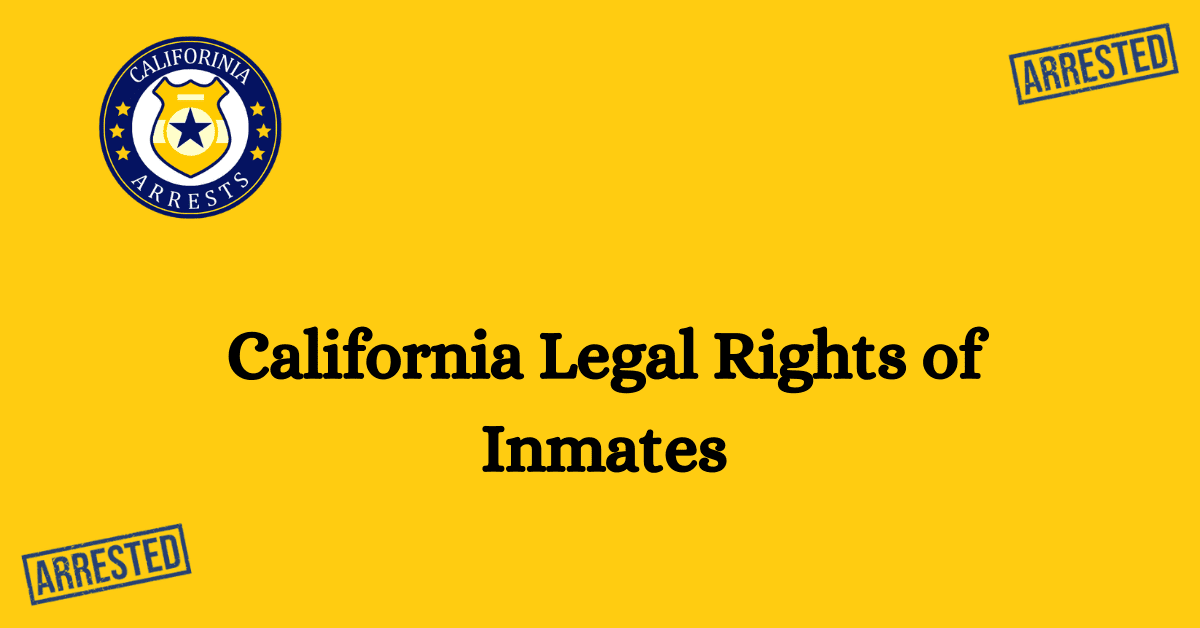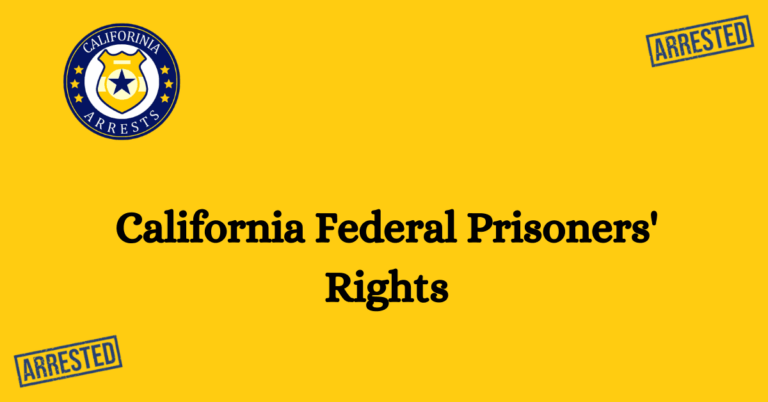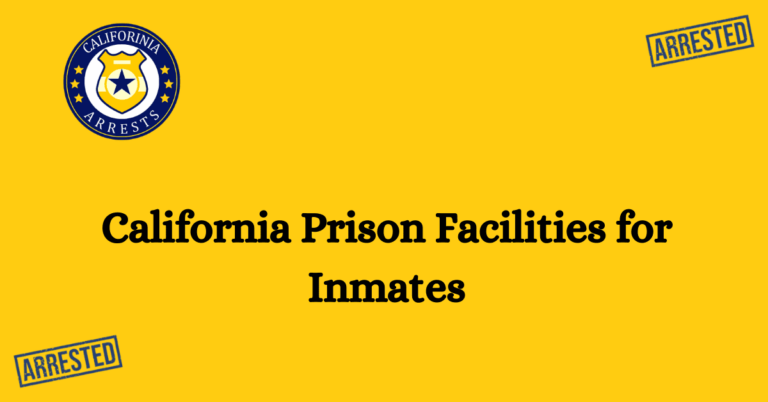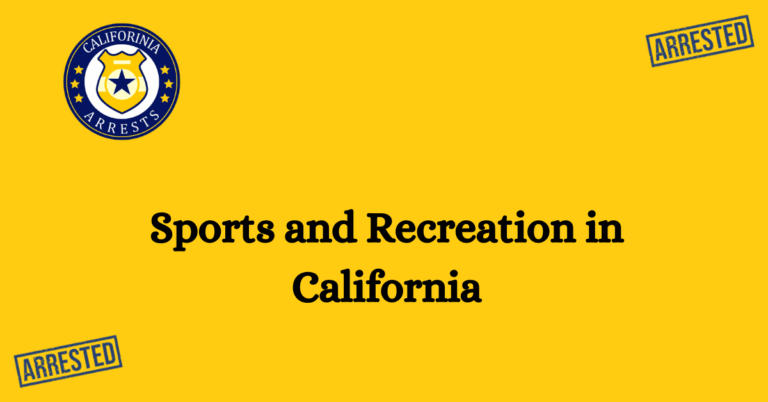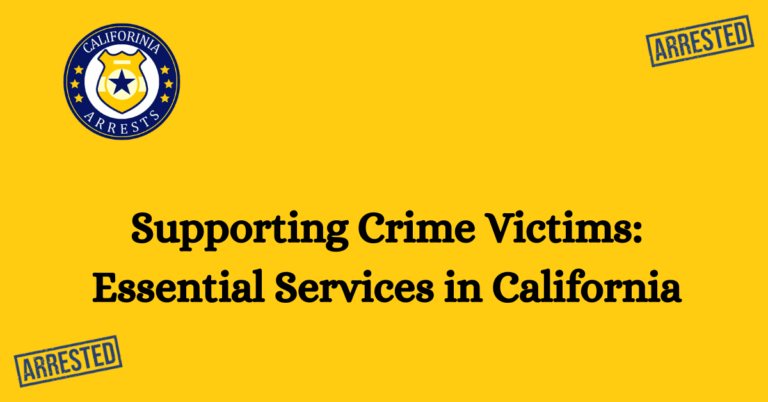California Legal Rights of Inmates
Discover the rights and privileges afforded to inmates in California with our comprehensive guide. Whether you’re a concerned family member, a legal professional, or simply curious about the legal rights of inmates, this informative resource will provide you with a clear understanding of the rights and protections available to incarcerated individuals in the state of California.
From access to healthcare and legal representation to religious freedom and visitation rights, we delve into the various aspects of inmate rights in California. Our goal is to equip you with accurate and up-to-date information, empowering you to advocate for the rights and well-being of inmates in the state. Join us as we explore the legal framework that governs the treatment and rights of inmates, shedding light on a critical aspect of our criminal justice system.
Understanding Inmate Healthcare Rights in California
Ensuring access to healthcare is a fundamental right for all individuals, including those who are incarcerated. In California, inmates have specific rights when it comes to receiving medical care. This section explores the various aspects of inmate healthcare rights, shedding light on the resources available and the responsibilities of correctional facilities.
Access to Medical Services
California law mandates that inmates have the right to receive necessary medical, dental, and mental health services. This includes routine check-ups, emergency care, and access to specialists when needed. Correctional facilities are responsible for providing adequate healthcare facilities and trained medical staff to ensure the well-being of inmates.
Quality of Care
While inmates have the right to receive medical services, it is crucial to emphasize the importance of quality care. California law requires correctional facilities to provide care that meets medically accepted standards. Inmates should be treated with the same level of professionalism and expertise as individuals outside of prison walls.
Understanding Inmate Legal Representation Rights in California
Inmates in California have the right to legal representation and access to the courts. This section delves into the legal framework that governs inmate rights and explores the avenues available for inmates to seek legal assistance and representation.
Access to Legal Resources
Correctional facilities are required to provide inmates with access to legal resources, such as law libraries and legal materials. Inmates have the right to research and prepare their cases, ensuring they have the necessary tools to navigate the legal system.
Appointment of Counsel
California law recognizes the significance of legal representation for inmates. In certain cases, inmates may be appointed counsel to assist them in their legal matters. This ensures that inmates have someone advocating for their rights and interests as they navigate the complex legal landscape.
Understanding Inmate Religious Freedom Rights in California
Religious freedom is a fundamental right protected by the United States Constitution. In California, inmates have the right to practice their religion while incarcerated. This section explores the rights and limitations surrounding religious freedom for inmates in the state.
Religious Practices
California law allows inmates to participate in religious activities and ceremonies, provided they do not interfere with the safety and security of the institution. Inmates have the right to practice their religion, attend religious services, and have access to religious materials.
Religious Diets and Accommodations
Inmates who have religious dietary restrictions or require specific accommodations for their religious practices are entitled to reasonable accommodations. This may include providing religiously appropriate meals or allowing inmates to observe religious holidays and practices.
Understanding Inmate Visitation Rights in California
Maintaining connections with loved ones is crucial for the well-being and rehabilitation of inmates. California recognizes the importance of visitation rights for inmates and provides guidelines and regulations to ensure safe and meaningful visitation experiences.
Visitation Policies
Correctional facilities in California have specific visitation policies in place to regulate the time, duration, and frequency of visits. These policies aim to strike a balance between ensuring security and allowing inmates to maintain relationships with their families and friends.
Approved Visitors
California law allows inmates to have approved visitors, typically immediate family members and close friends. However, certain restrictions may apply based on the inmate’s classification, behavior, or court orders. It is important for visitors to adhere to the facility’s rules and regulations to ensure a smooth visitation process.
As we continue to explore inmate rights in California, we will delve into additional aspects, such as educational opportunities, work assignments, and disciplinary procedures. Stay tuned for the next sections, where we shed light on the rights and privileges afforded to inmates in the state, equipping you with the knowledge to advocate for their well-being and justice.
FAQs
What are the legal rights of inmates in California?
In California, inmates have certain legal rights that are protected by the law. These rights include access to medical care, protection from cruel and unusual punishment, and the right to practice their religion.
What protections do inmates have against cruel and unusual punishment?
Inmates in California have the right to be free from cruel and unusual punishment. This means that they should not be subjected to excessive force, unnecessary restraints, or any form of physical or emotional abuse.
Do inmates in California have the right to practice their religion?
Yes, inmates in California have the right to practice their religion. They should be provided with reasonable accommodations to practice their religious beliefs, such as access to religious literature or the ability to attend religious services.
Are there any restrictions on inmate rights in California?
While inmates in California have certain rights, there are also limitations and restrictions in place. These restrictions are necessary for maintaining the safety and security of correctional facilities and may include limitations on visitation, mail, or access to certain resources.
Who is responsible for enforcing inmate rights in California?
The California Department of Corrections and Rehabilitation is responsible for ensuring that inmates’ legal rights are protected and enforced. They have policies and procedures in place to address inmate grievances and complaints regarding their rights.

